
In June 2019, I wrote an article that focused on the need to develop pupils’ 21st century skills in order to help them adapt to meet the challenges they will face in the future.
As pupils adapt to the current situation, I am drawn back to this article and the crucial question: what have we done to prepare our pupils for this situation and what positives can they take away from this experience?
1.Growth mindset
“I am not good at this…yet.”
In first semester, Junior High School pupils were introduced to the ‘power of yet’ and the ideas surrounding growth mindset championed by Stanford Psychology professor Carol Dweck. Growth mindset is an idea, backed by neuroscience, that our ability to learn is not fixed and everyone can improve through challenging themselves and experiencing new situations. These challenges help our brains create new neuron connections, which improve our overall intelligence, our capacity to learn, and our ability to adapt to future situations. The Huili Online experience is a perfect example of growth mindset in action.
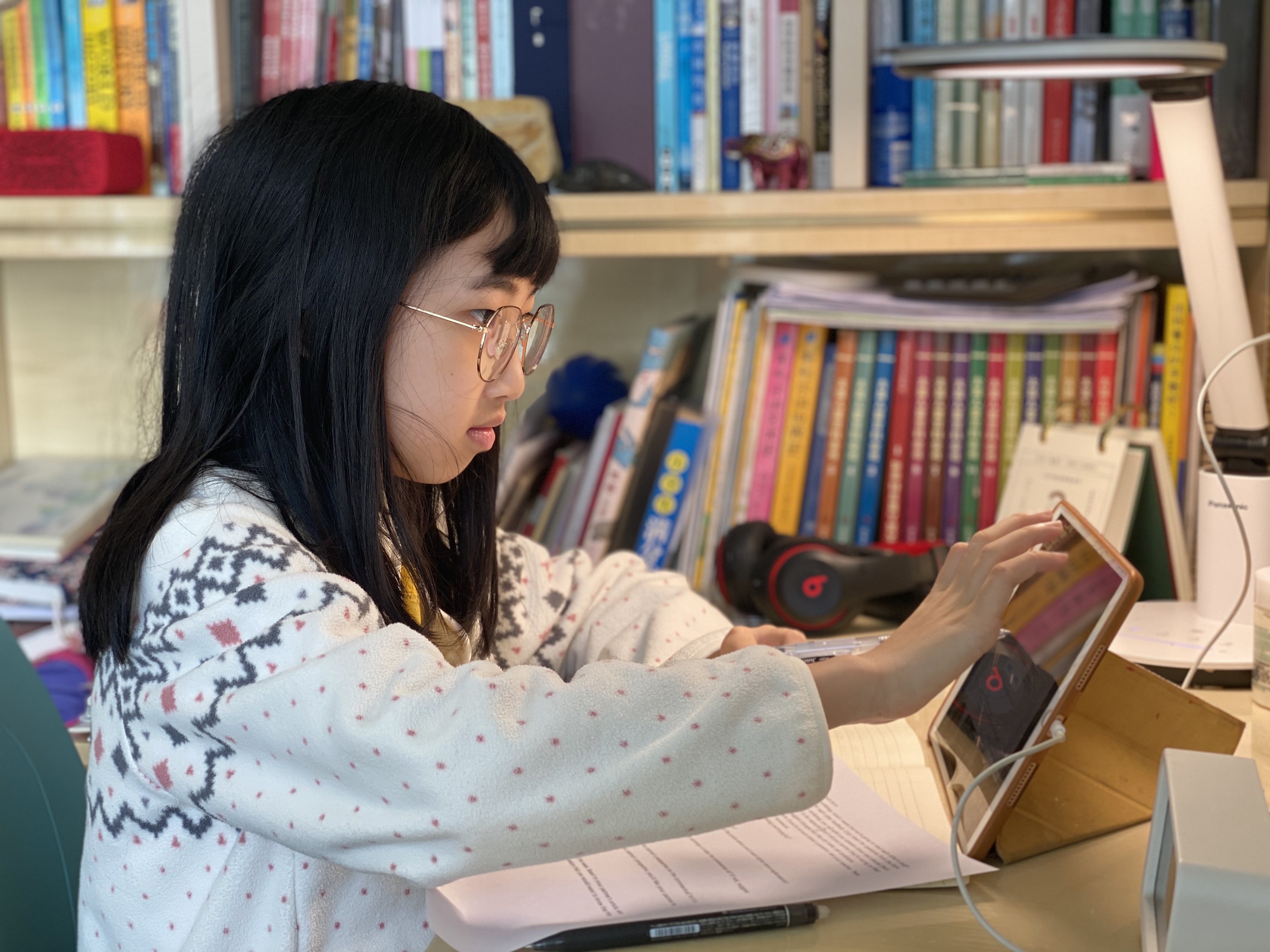
Although many pupils struggled during the first week, what has impressed me the most is the way in which they have adapted and improved week to week. Despite setbacks, pupils have not been complacent. They have been proactive in solving technical problems and have communicated with their teachers effectively when they have struggled. They have not viewed their struggles as ‘fixed’ and instead have used the ideas of growth mindset to fuel their desire to adapt and improve.
2.The meta-cognitive process
One way in which pupils have adapted to the Huili Online experience is by using the meta-cognitive skills we have begun developing in class. If growth mindset is the belief that we can improve, meta-cognition is one of the tools we can use to achieve that improvement.
During a recent Wellbeing assignment, pupils were asked to use the meta-cognitive process to develop a weekly schedule for online learning. The assignment asked them to use the skills they learned first semester to:
- Assess their assignments
What do I have to accomplish this week? How long will each assignment take? Am I getting enough rest and exercise?
- Evaluate their strengths and weaknesses
What strategies can I use to utilise my strengths? Do I work better in the morning or at night? Am I more efficient before or after exercise?
-Plan by making a weekly schedule
What days should I do each assignment? Should I start with easier work or harder work? What days should I do my specialist homework?
- Reflect at the end of the week
How did the week go? How did I improve and where did I struggle? How can I improve next week? What new strategies can I use? Who can I ask for help?
It is no coincidence that the pupils who have been most successful in online learning are not those with the highest attainment, but those who are most effective at evaluating and reflecting in the meta-cognitive process.
It is essential that pupils continue to do this, not just over the next few weeks, but throughout their lives, as it is essential for adapting to new situations and will help them make transformative improvements.
Pupils' testimonials
“The most important skill that I have developed is time management. Before this period of online learning, I already struggled with this problem, but I did not have time to organise and bring out changes. Thanks to this break, I have enough time to reflect and communicate with my teachers (to help solve this problem).”- Grade 7 Li House pupil
“After several weeks of e-learning, I have definitely honed some of my time management skills, in terms of doing things more efficiently and also in terms of making schedules more efficiently. And I think the thing I enjoy most about e-learning is learning independently.”- Grade 6 Xian House pupil
“Before I started e-learning, I thought that it will be very difficult to remember all the homework and I might forget some of it. However, when I made the timetable for myself and followed it step by step, it was really useful. I believe that I learned a lot about myself. It gave me confidence, I became happy when I eventually understood some knowledge and had pains when I met problems. But at last, I figured it out with a smile, and maybe that’s the main point of e-learning.”- Grade 6 De House pupil
“I’m encouraged by the “come on, Wuhan” attitude shown across the internet, and the general spirit of the Chinese. Seeing people enthusiastically supporting and encouraging others is exciting for me; there’s no doubt that our doctors would work harder after they saw these encouraging messages, which would help to save more patients. So, you might say that the Chinese are working with meta-cognition and true grit!”- Grade 6 De House pupil
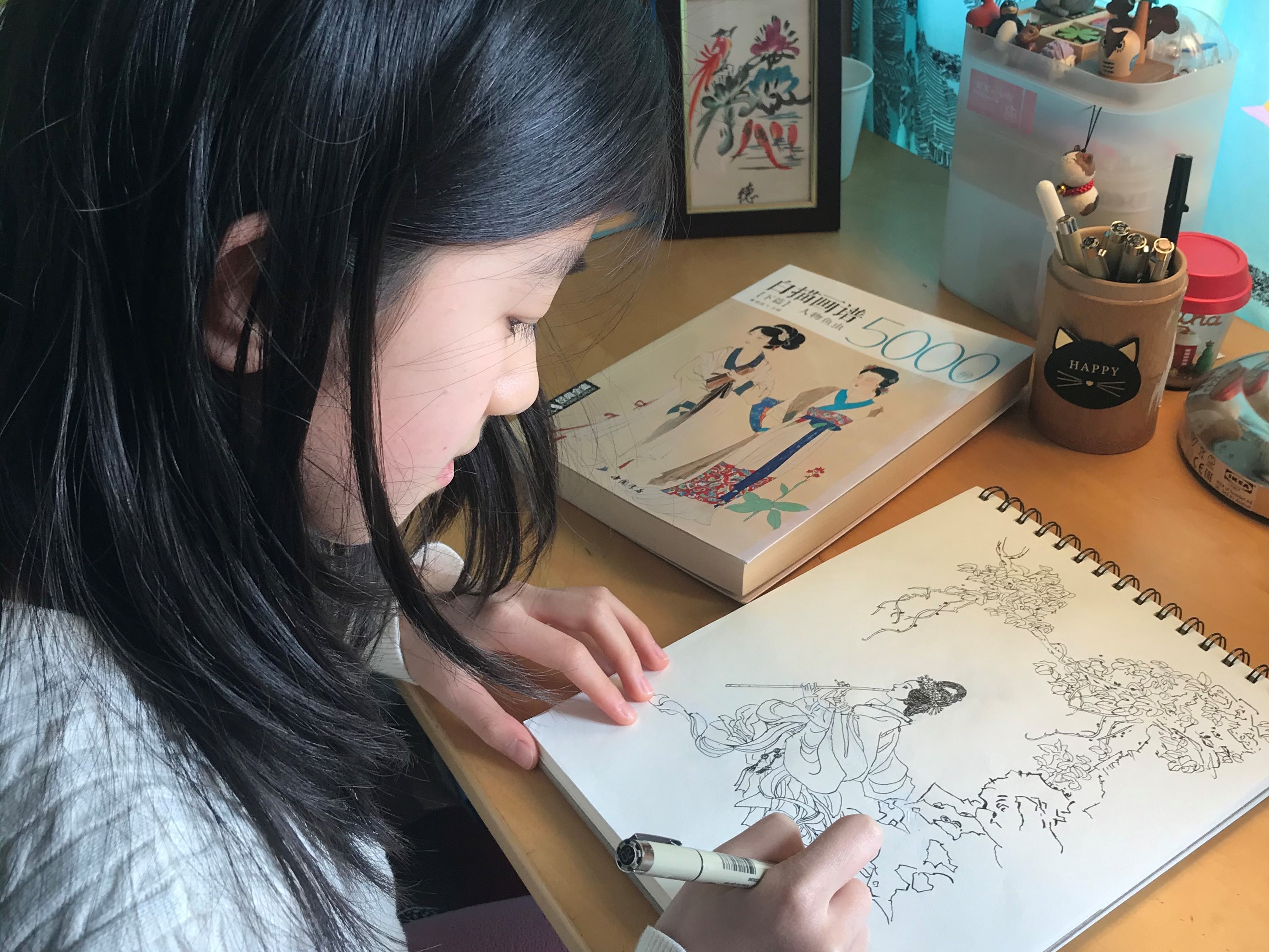
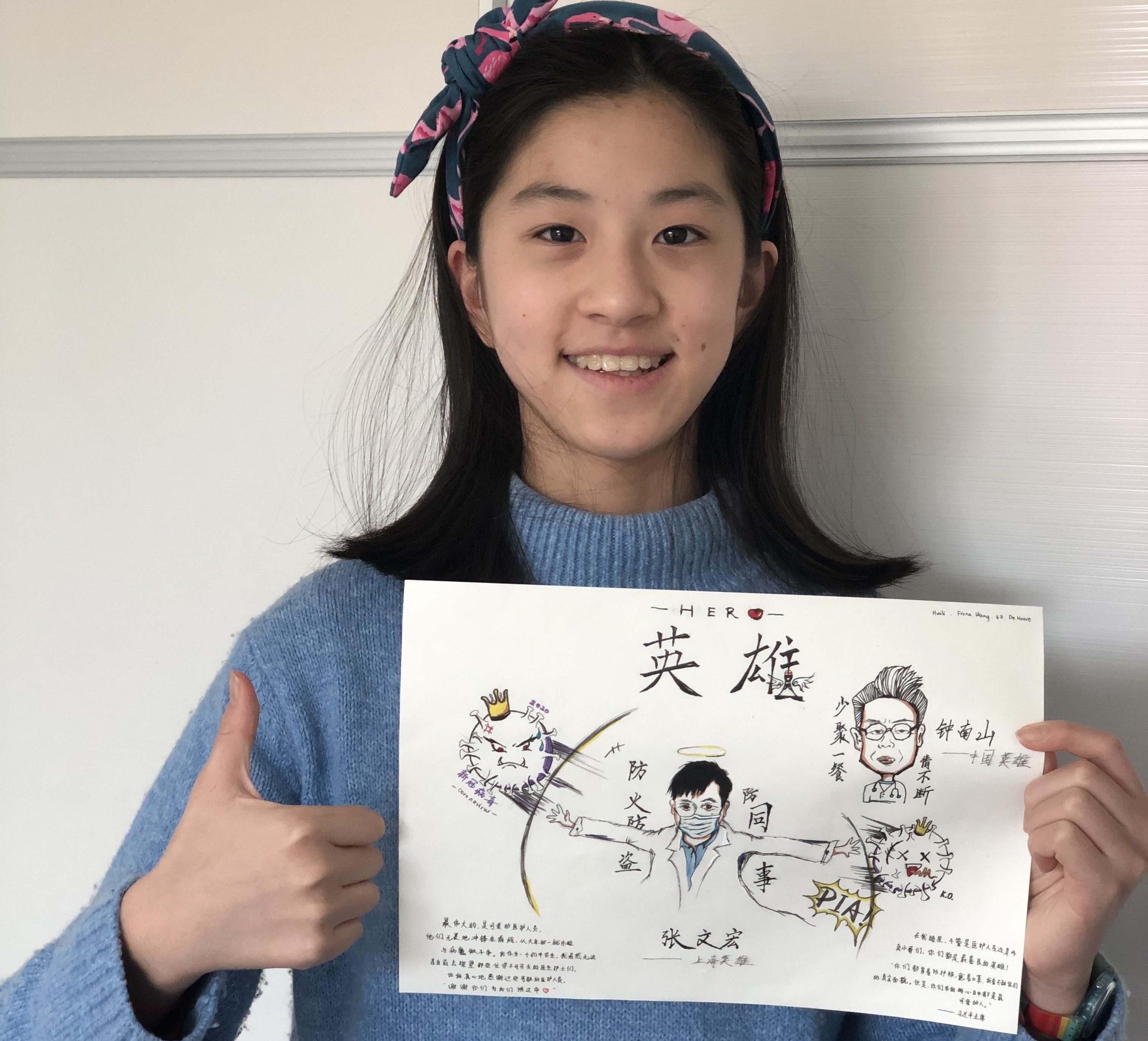
3.Building grit During the first semester, Junior High School pupils learned about a study done by a University of Pennsylvania Psychology professor Angela Duckworth, that aimed to determine the largest indicator of success in schools and workplaces. What she and her team of researchers found was that it was not IQ, social intelligence, physical health, or family income that best predicted success, but ‘grit.’ So, what is grit? Grit, according to Professor Duckworth, is ‘passion and perseverance for long-term goals.’ It is the idea that we need to work hard day in and day out for long periods of time to be successful.
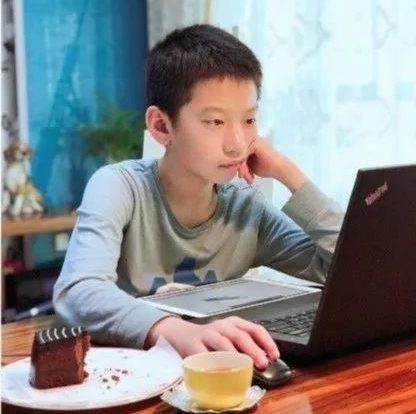
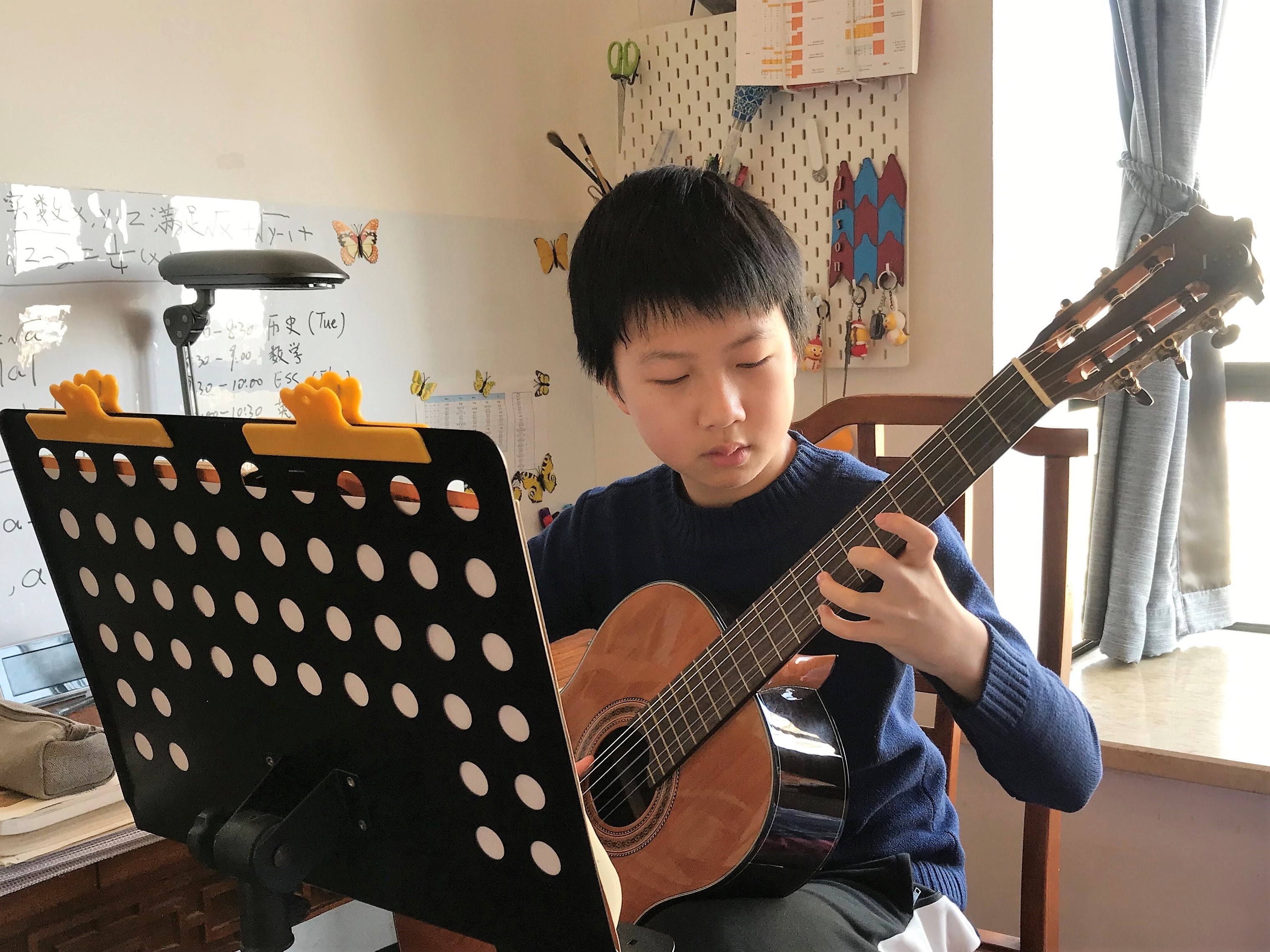
In Wellbeing lessons, pupils learned about the importance of having grit and some strategies to build it. For pupils who are already ‘gritty,’ this experience has been easier, but even for those who lack it, this experience is helpful in building grit for the future. The perseverance that pupils need to demonstrate in order to be successful with online learning will help them to become ‘grittier’ as they enter senior high school, university, and their future careers. 4.Developing skills for the future Most would argue that classroom learning is more effective than online learning at educating pupils holistically, and I would agree. With that said, experiencing online education for a short period of time can have positive long-term effects on pupils. Having the opportunity to teach every pupil in the Junior High School, I am well aware of the progress they are making academically and the skills they have developed during this period. Whether solving technical issues, improving their communication with teachers, using new methods to collaborate with classmates, or building upon their independent learning skills, Huili pupils are becoming more mature and more independent simply by going through this e-learning process. The capacity to apply old skills to solve new problems is one of the abilities that will set Huili pupils apart from their peers in the future.
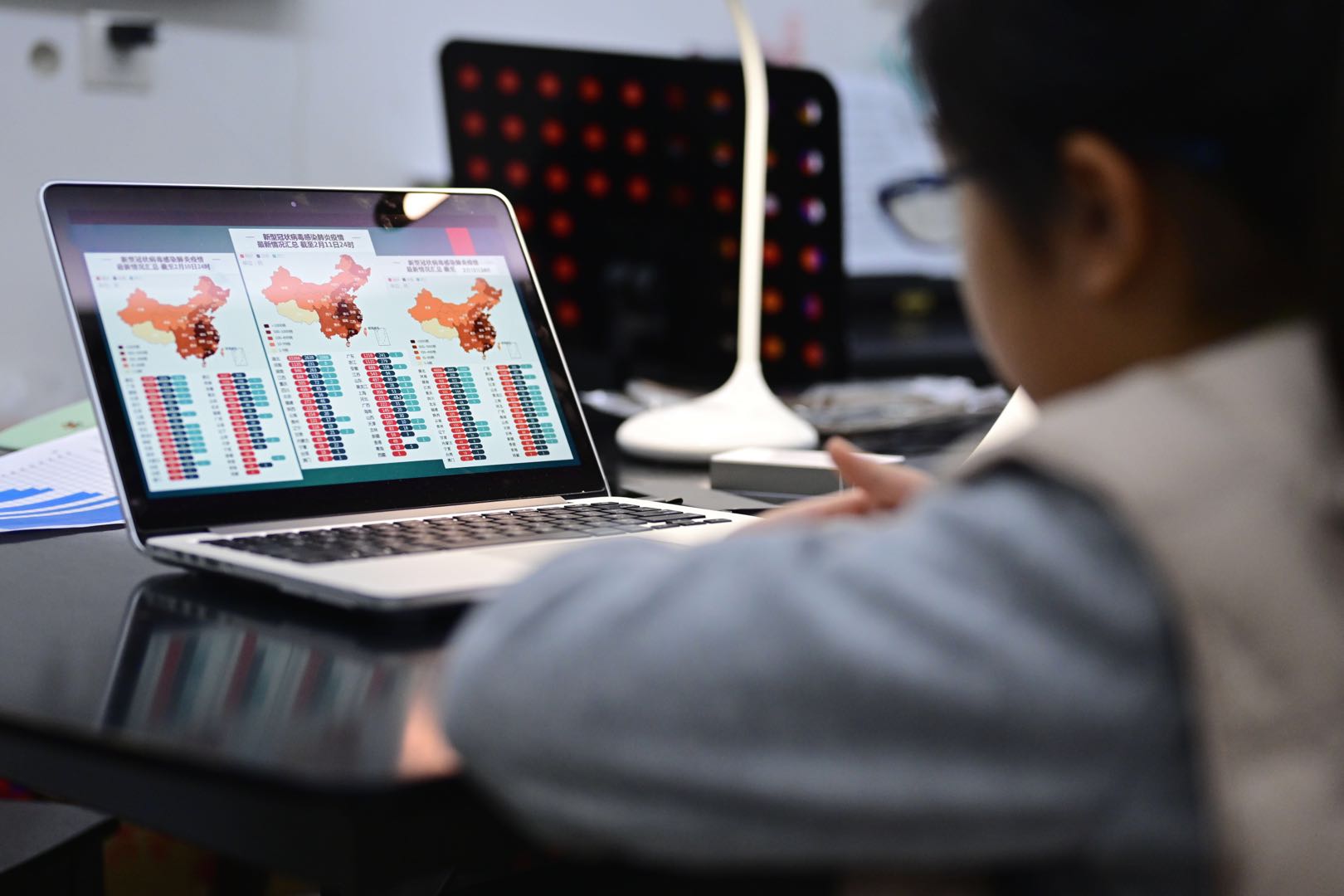
In addition to the academic benefits, pupils are also gaining important experience that will build their character. Going through adversity helps pupils become more resilient and will help them mentally overcome the challenges they face in the future. Although this experience is new and, in some ways, challenging, it is important that we all take the time to see the positives. We will be back in school soon, and hopefully, pupils will be more mature and independent than ever before. For pupils, continue to use your meta-cognitive skills to look for way to improve, be gritty, and if you’re struggling, remember that you simply haven’t found the best way forward…yet.